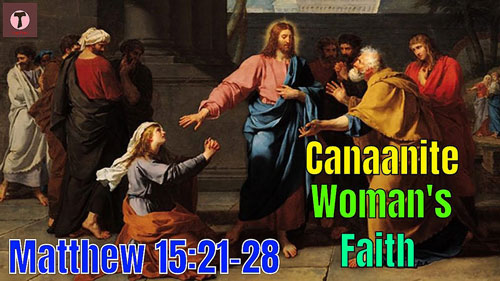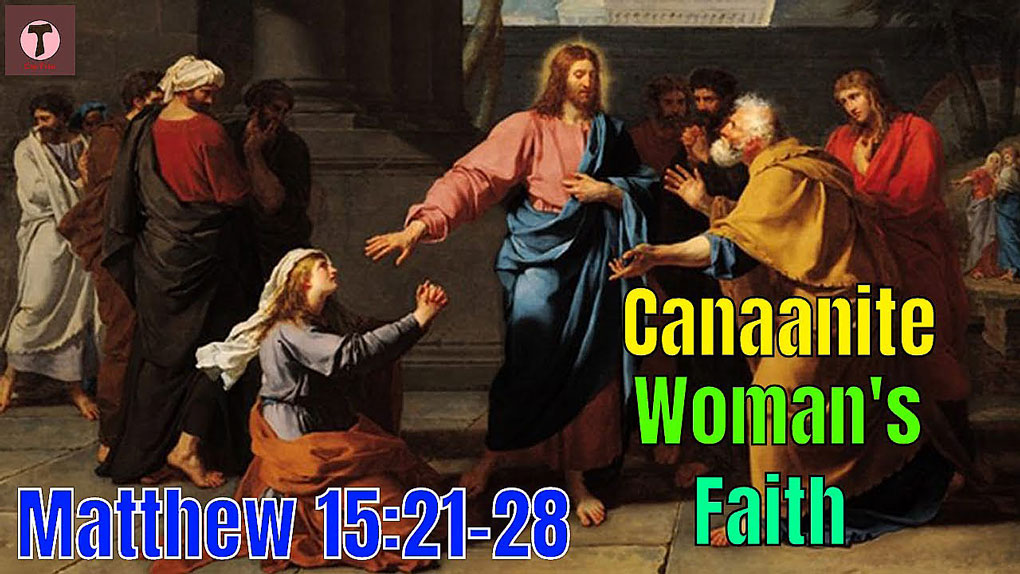
Bartholomew was one of the Twelve Apostles of Jesus, and is usually identified as Nathaniel and was a doctor or architect. In Mark 3:18 he is one of the twelve Jesus calls to be with him. He was introduced to us as a friend of Philip, another of the twelve apostles as per (John 1:43-51), where the name Nathaniel first appears. He is also mentioned as “Nathaniel of Cana in Galilee” in (John 21:2).
As a Biblical figure, we know Bartholomew primarily through the Gospel of John, which calls him Nathanael. Philip introduces Nathanael (Bartholomew) to Jesus. Nathanael said to him, “How do you know me?” Jesus answered him, “Before Philip called you, when you were under the fig tree, I saw you.” (John 1:48). Then Bartholomew make a powerful confessin of faith. “Rabbi, you are the Son of God! You are the King of Israel.” (John 1:49)
Here is the video from the Chosen on the event
He was characterized by Jesus on the first meeting as a man “in whom there was no guile.” The Catholic News Agency wrote this. “We are presented with the Apostle’s character in this brief and beautiful dialogue with the Lord Jesus. He is a good Jew, honest and innocent, a just man, who devotes much time to quiet reflection and prayer – “under the fig tree (1:48)” – and has been awaiting the Messiah, the Holy One of God.”
His day is remembered on August 24. After the Resurrection he was favored by becoming one of the few apostles who witnessed the appearance of the risen Savior on the sea of Galilee (John 21:2).
From Eusebius history, Bartholomew went on a missionary tour to India, where he left behind a copy of the Gospel of Matthew. Other traditions record him as serving as a missionary in Ethiopia, Mesopotamia, Parthia, and Lycaonia.
Along with his fellow apostle Jude, Bartholomew is reputed to have brought Christianity to Armenia in the 1st century. Thus both saints are considered the patron saints of the Armenian Apostolic Church. He is said to have been martyred in in Armenia. According to one account, he was beheaded, but a more popular tradition holds that he was flayed alive and crucified, head downward. He is said to have converted Polymius, the king of Armenia, to Christianity. His brother consequently ordered Bartholomew’s execution. The 13th century Saint Bartholomew Monastery was a prominent Armenian monastery constructed at the site of the martyrdom of Apostle Bartholomew in what is today southeastern turkey






